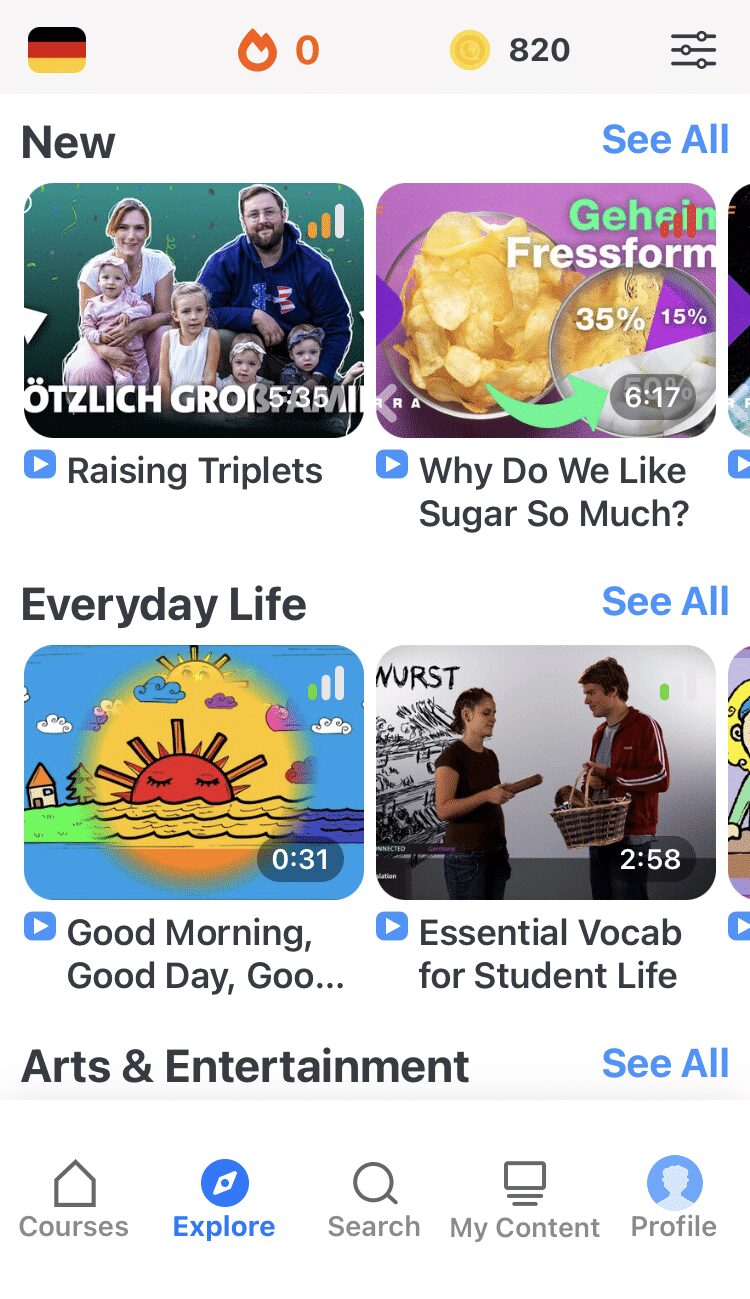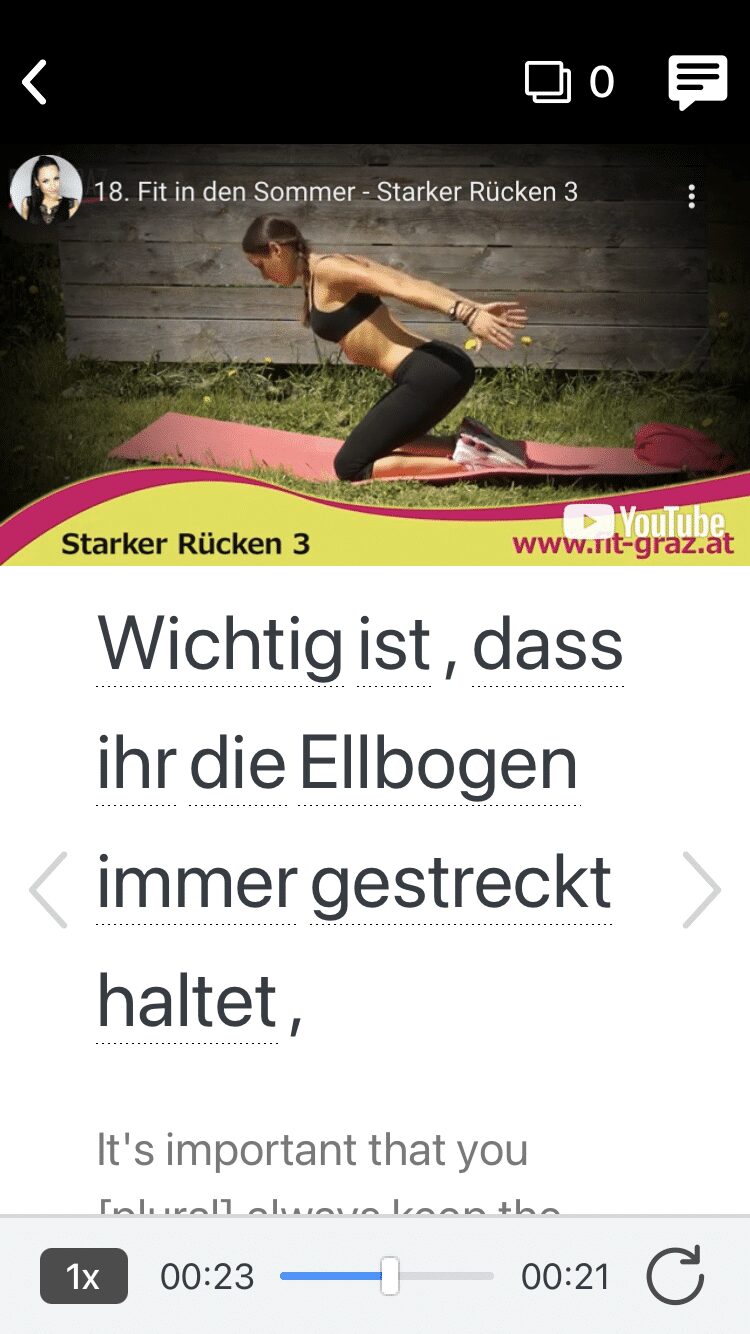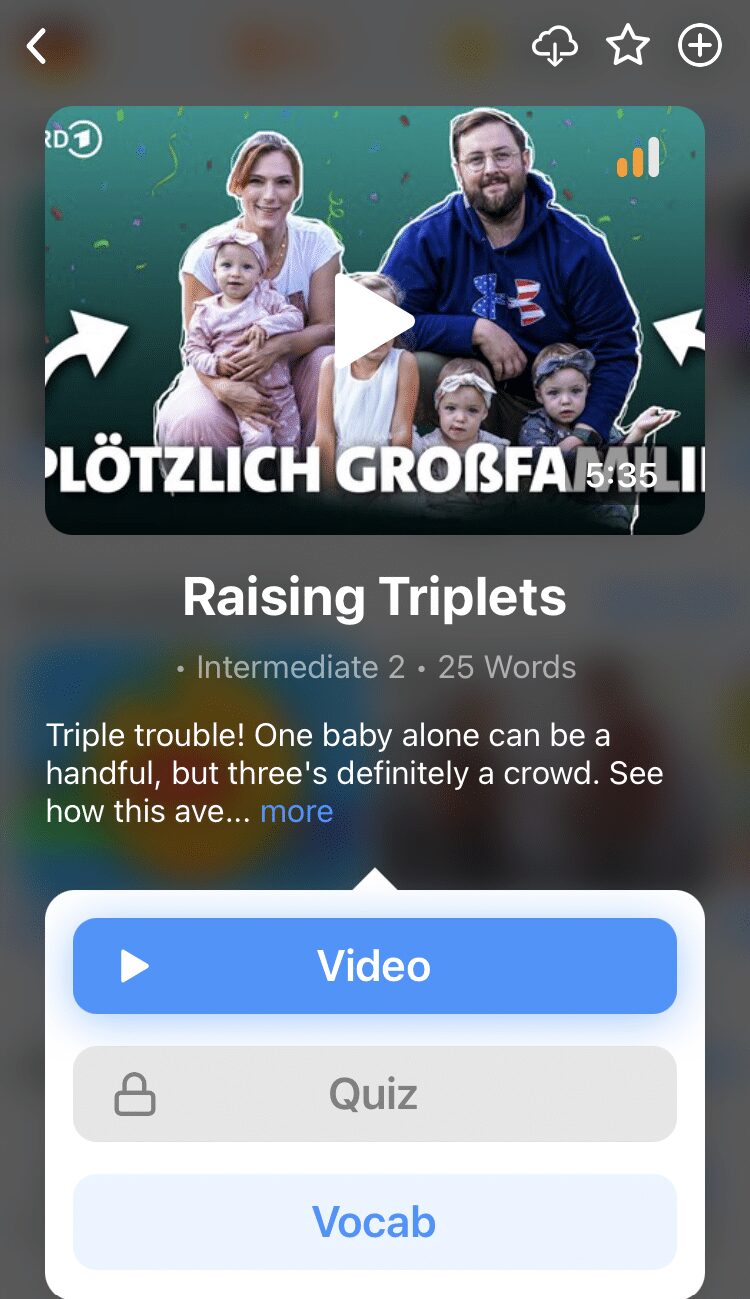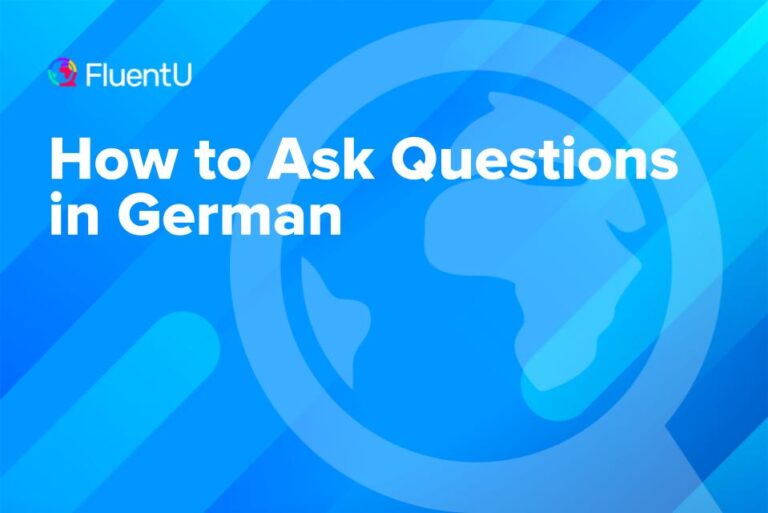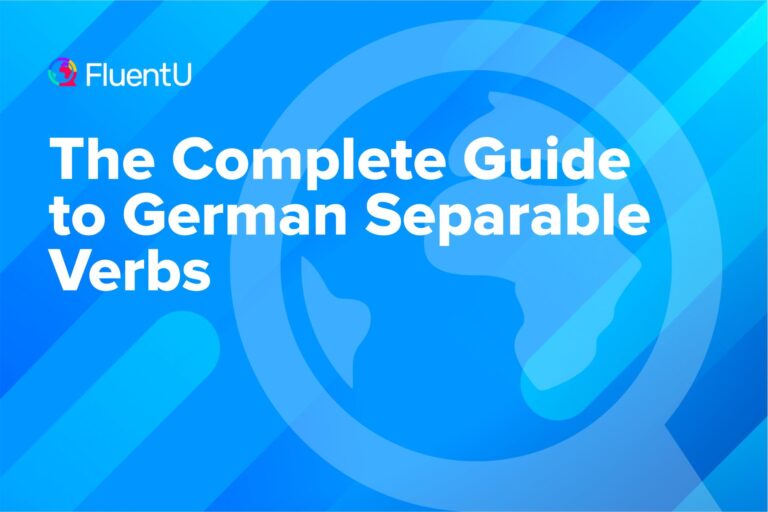How to Say “No” in German
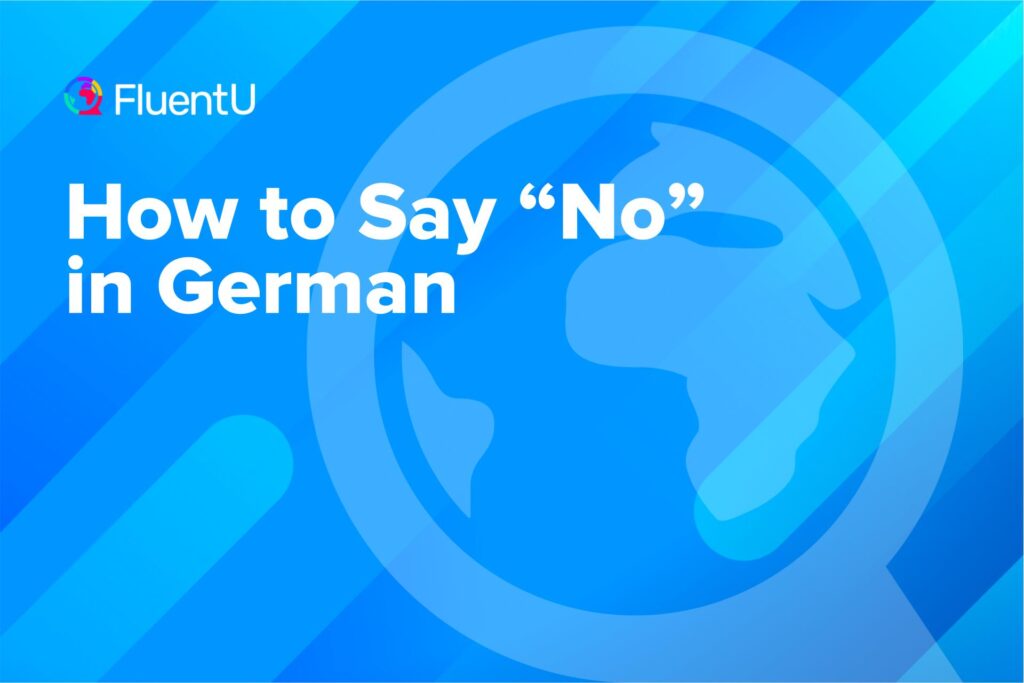
Almost anybody familiar with pop culture depictions of Germany has seen somebody angry shouting “Nein!” (no) in a movie, TV show or even commercial.
Different cultures have different unwritten rules about saying “no” to things, so someone from the United States, for instance, might think that Germans are a little bit rude when they say “no.” They’re not being rude, though—it’s just a little bit of cultural difference.
In this guide, I’ll explain everything you need to know about how to say “no” in German like a native speaker would, with different terms for different situations.
Download: This blog post is available as a convenient and portable PDF that you can take anywhere. Click here to get a copy. (Download)
Saying “No” in German Politely
In German, the way to say “no” politely involves an explanation of the negation, instead of simply saying the word “no” alone. This is true in English as well, which is why it may sound like common sense.
For example, imagine that somebody goes into a hotel and asks to use the restroom, but they’re not a guest and so they’re refused.
That refusal is likely to take the form of something like this: a polite, formal statement with an explanation of why.
Leider sind die Toiletten nur für Gäste dieses Hotels . (Unfortunately, the toilets are only for guests of this hotel.)
They’re also very likely to include one of these phrases: Entschuldigung (excuse me) or Tut mir Leid (I’m sorry).
Es tut mir wirklich Leid, aber wir können mit dir nicht kommen. (I’m truly sorry, but we can’t come with you.)
One of the more subtle things that most people just end up picking up naturally is a kind of repetition of the verb in a lot of negative answers. It’s easier to show than explain:
“Spielt ihr Gitarre?”
(“Do you play guitar?”)
“Nein, Gitarre spielen wir nicht.”
(“No, we don’t play guitar.”)
“Haben Sie einen Pepsi?”
(“Do you have Pepsi?”)
“Nein, Pepsi nicht. Vielleicht wollen Sie einen Coca-Cola?”
(“No, no Pepsi. Perhaps you’d like a Coca-Cola?”)
This definitely isn’t a prescribed way to give a “no” answer in German. Instead, it’s sort of a typical negative response to a question.
The word lieber is a good alternative to a direct no, as it means “rather.” It can come after nicht or stand by itself.
Ich gehe lieber nicht in die Kneipe. (I’d rather not go to the bar.)
“Möchtest du ‘Moana’ sehen?”
(“Would you like to see ‘Moana’?”
“Ich würde lieber ‘Frozen’ sehen.”
(“I’d prefer to see ‘Frozen.'”)
This happens to be a perfect example of something that might come across as a little too direct and rude in English, but is totally acceptable in German.
Whether or not you’re from a culture where the politeness scale is calibrated like it is in German, picking up on the ways that language affects politeness can be a daunting task.
The single best way to do this is to watch Germans and learn from them. After all, the more authentic German media you consume, the better handle you’ll get on the cultural aspect of saying “no” in German.
FluentU takes authentic videos—like music videos, movie trailers, news and inspiring talks—and turns them into personalized language learning lessons.
You can try FluentU for free for 2 weeks. Check out the website or download the iOS app or Android app.
P.S. Click here to take advantage of our current sale! (Expires at the end of this month.)
The Straightforward Way to Say “No” in German
As we’ve mentioned, the way to say “no” in German is simply to say nein.
To see German speakers pronouncing this simple word, check out this video from Memrise:
Nein is an easy little German word but if you say it with no other context, it’s a little rude.
That’s why there are three very commonly-used alternatives, slight twists on the actual word nein to soften the blow.
The first is nee, which should rhyme with Schnee (snow). You’ll hear this one quite frequently—in fact, it appears at all levels of German society. It’s considered dialectal, and in some places such as Bavaria, it’s the default instead of nein.
“Hast du den Spiel gesehen?”
(“Did you see the game?”)
“Nee.”
(“Nah.”)
The second is nö, which is used a little less frequently in ordinary speech. Interestingly enough, you’ll often see it in comics and books, probably as a way to break up the dialogue instead of always having everything be nein. Some people have the sense that nö is a bit harsher than nee, offering perhaps a more disparaging feel:
“Willst du mit mir Kaffee trinken?”
(“Do you want to have coffee with me?”)
“Nö.”
(“No […and why would you think otherwise?]”).
The last is nich, a contraction of nicht (not), This is strongly associated with Berlin, where the typical accent shifts the ich into more of an isch sound.
“Hast du Hunger?”
(“Are you hungry?”)
“Nich.”
(“Naw.”)
We have one more little word you can use to say “no” in German: jein, a cute combination of ja (yes) and nein. It’s only “cute” until someone uses it to deny you some information you actually want.
“Warst du gestern Abend wieder bei Heather?”
(“Were you at Heather’s place again last night?”)
“Jein…”
(“Maaaybe…”)
Strong Ways to Say “No” in German
We’ve seen easy and standard ways to say “no” but sometimes, there’s a time and place for saying something with a little more force behind it. First, a couple of phrases that are pretty much interchangeable:
Auf gar keinen Fall. (Under no circumstance.)
Here, the word gar is an optional intensifying particle. You’re literally saying “In absolutely no case.”
Überhaupt nicht. (Definitely not.)
Absolut nicht. (Absolutely not.)
Just as polite German softens the blow by saying why something gets a negative answer, you can take away that level of politeness by either not giving an explanation or by giving a bad one.
Das ist hier nicht erlaubt. (That’s not allowed here.)
Nein. Ich will nicht. (No. I don’t want to.)
Auf keinen Fall. Ich werde beschäftigt sein. (Absolutely not. I’ll be busy.)
You may also be familiar with the word verboten, meaning “forbidden.” It certainly has a sense of strictness!
Im Park ist Rauchen verboten. (Smoking is forbidden in the park.)
This particular word often appears on signs in big red letters. In speech, it frequently comes with the word absolut, meaning “absolutely.”
Das Kaugummikauen ist in meinem Auto absolut verboten. (Chewing gum is absolutely forbidden in my car.)
“No, but Actually Yes”
There could be an entirely separate article about different ways to say “yes,” but for now we’ll just mention one that goes hand-in-hand with “no”: doch. Basically, it’s a reply of “yes” right after the “no” has either been said or assumed.
Confirming that something is true once an answer has been given to the contrary is a distinction that English simply doesn’t make. We say yes, and that’s that.
Confused? You can think of it as the rough equivalent of “actually, yes!” or “in fact, yes!”
Have a look at these examples:
“Sie haben keine Geschwister.”
(“You have no siblings.”)
“Doch!”
(“Yes I do!”)
Ich hab’ keine Münzen… achso, habe ich doch. (I don’t have any coins… ah, in fact, I do.)
After that, all it takes is time. You’ll pick up on these nuances before you know it, and be expressing negation like a native German speaker!
Download: This blog post is available as a convenient and portable PDF that you can take anywhere. Click here to get a copy. (Download)
And One More Thing...
Want to know the key to learning German effectively?
It's using the right content and tools, like FluentU has to offer! Browse hundreds of videos, take endless quizzes and master the German language faster than you've ever imagine!
Watching a fun video, but having trouble understanding it? FluentU brings native videos within reach with interactive subtitles.
You can tap on any word to look it up instantly. Every definition has examples that have been written to help you understand how the word is used. If you see an interesting word you don't know, you can add it to a vocabulary list.
And FluentU isn't just for watching videos. It's a complete platform for learning. It's designed to effectively teach you all the vocabulary from any video. Swipe left or right to see more examples of the word you're on.
The best part is that FluentU keeps track of the vocabulary that you're learning, and gives you extra practice with difficult words. It'll even remind you when it’s time to review what you’ve learned.
Start using the FluentU website on your computer or tablet or, better yet, download the FluentU app from the iTunes or Google Play store. Click here to take advantage of our current sale! (Expires at the end of this month.)

